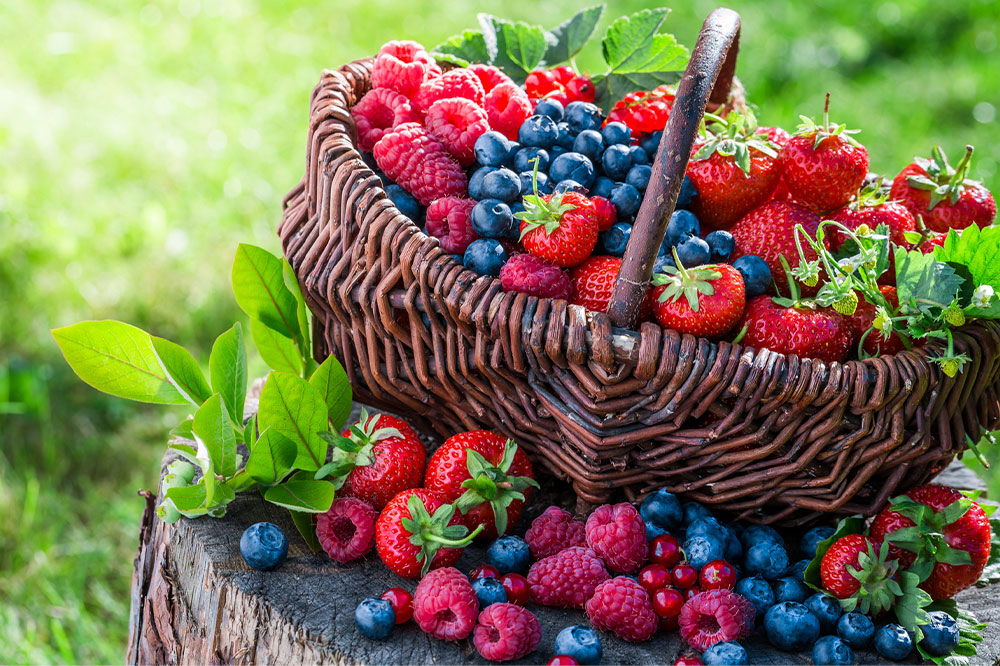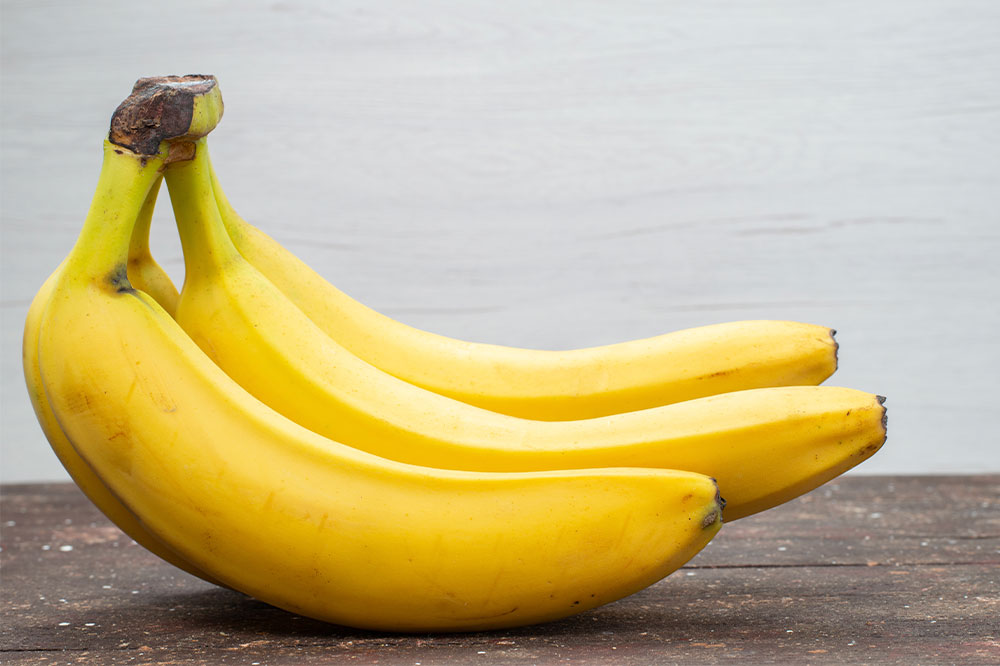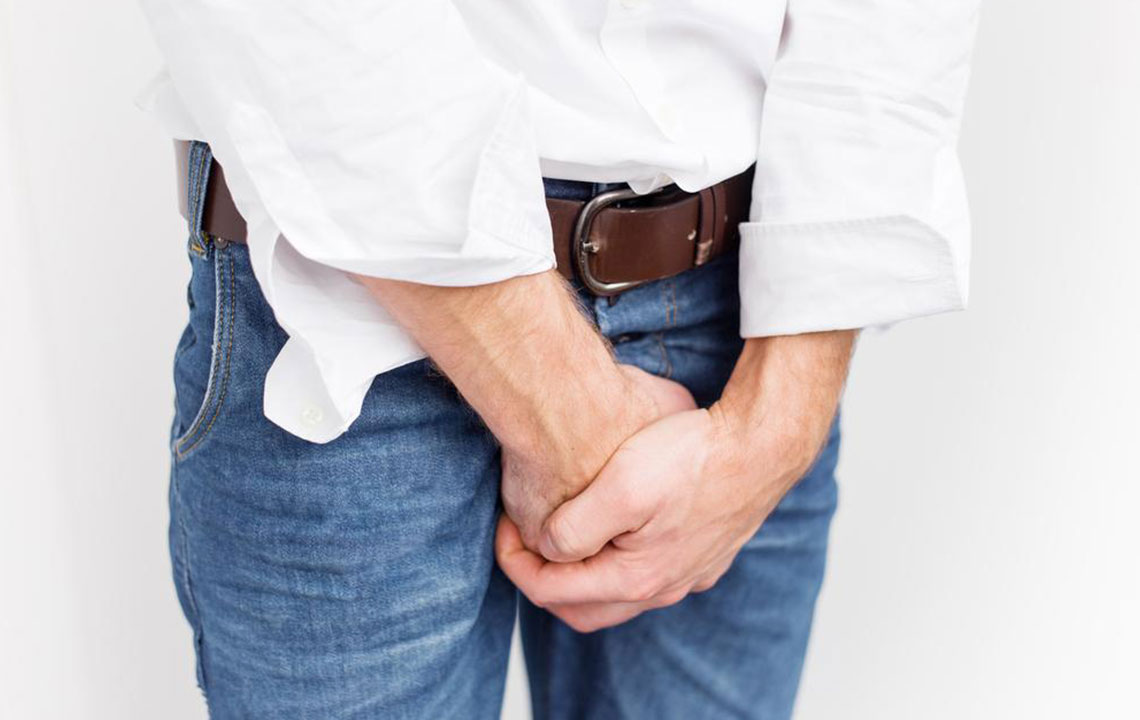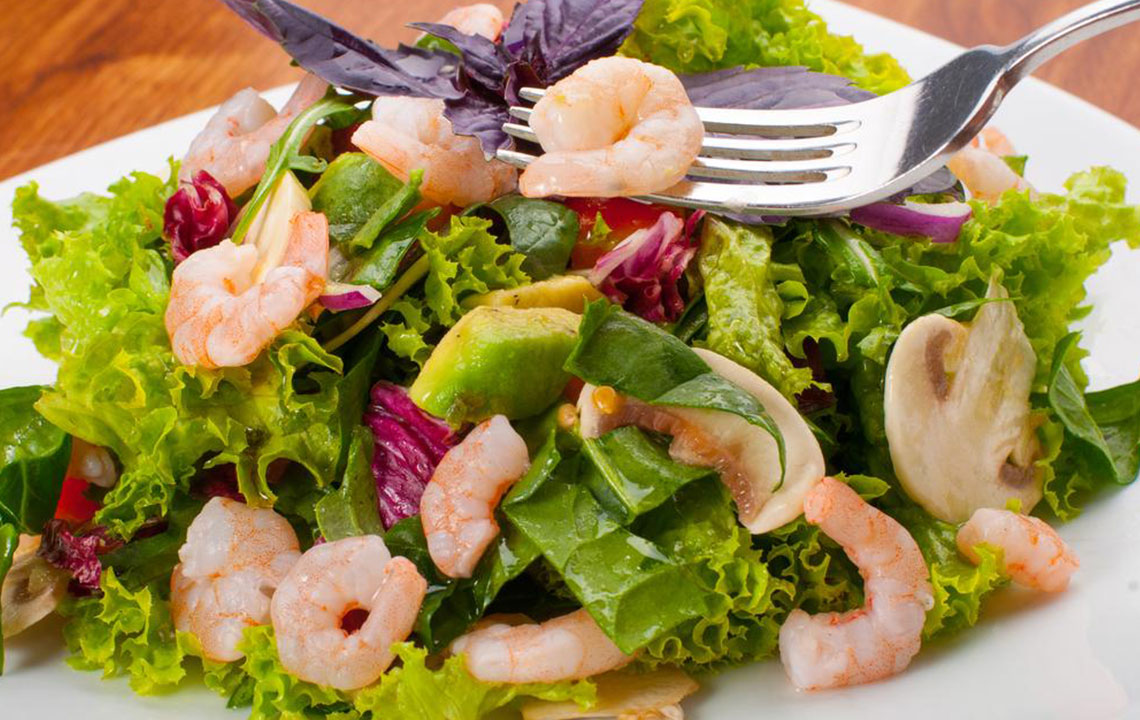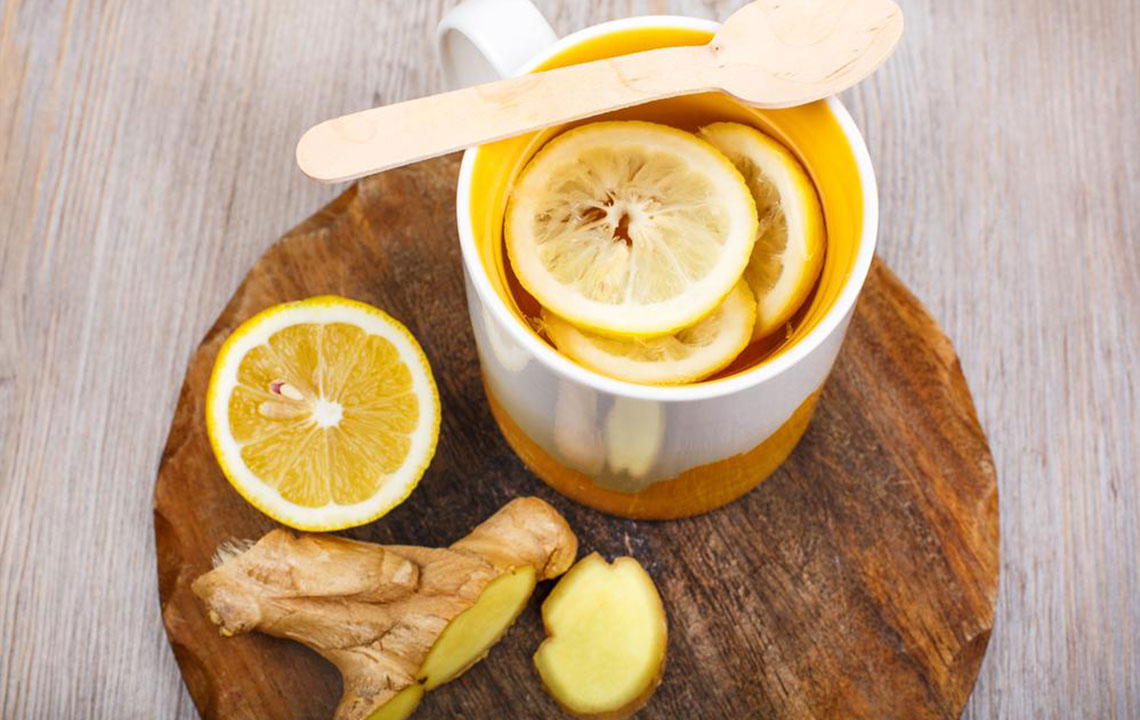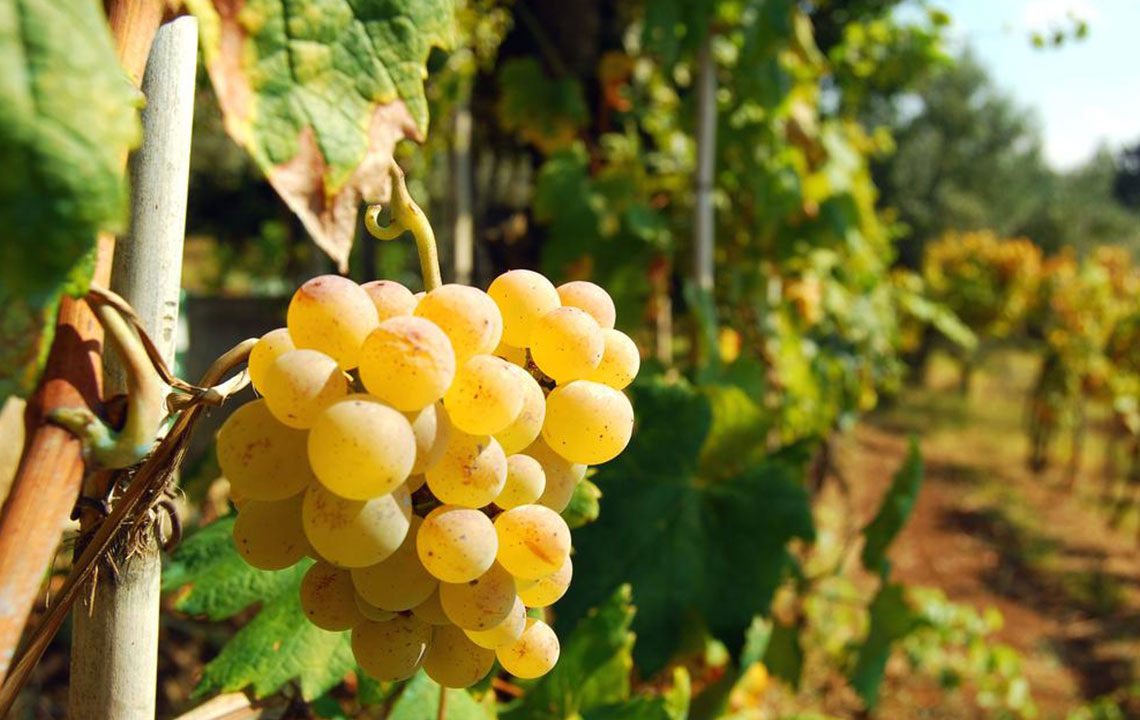Effective Dietary Strategies for Managing Male Incontinence: Foods to Embrace and Avoid
Male incontinence affects many men, especially over 60, but diet plays a key role in managing symptoms. Incorporate bladder-friendly foods like nuts, berries, whole grains, and vegetables, while avoiding irritants such as caffeine, alcohol, spicy foods, and citrus. Proper diet, combined with medical advice, can improve urinary health and reduce leakage episodes, enhancing quality of life. This comprehensive guide provides practical dietary tips, emphasizing the importance of balanced nutrition and lifestyle adjustments for better incontinence management.

Comprehensive Nutritional Guidance for Male Incontinence Management
Male incontinence, a condition characterized by the involuntary loss of urine, impacts a significant portion of the male population, especially those over the age of 60. According to recent studies, approximately 15% of men experience some degree of incontinence, although it can also affect younger men between the ages of 15 and 64. Contributing factors include post-prostate surgery complications, nerve damage, infections, or weakened bladder muscles. While there is no single dietary cure for incontinence, making intentional food choices can profoundly influence symptom severity and overall urinary health. Adjusting your diet, coupled with other lifestyle modifications, forms an essential part of comprehensive management.
Essential Foods That Promote Bladder and Urinary Health Incorporating specific foods into your daily diet can support bladder function, strengthen urinary muscles, and help reduce the frequency and urgency of incontinence episodes. These foods are rich in nutrients that promote prostate health, reduce inflammation, and improve overall urinary system performance.
Nuts and Seeds
Nuts such as almonds, pistachios, Brazil nuts, and pecans are packed with antioxidants, vitamin E, and selenium, all of which contribute to prostate health and may help alleviate urinary symptoms. Snacking on nuts or adding them to salads, yogurts, and cereals provides an easy way to enhance your nutrient intake and support urinary function. For example, adding a handful of almonds to breakfast oats or a salad with pecans can be both delicious and beneficial.
Colorful Berries
Berries like strawberries, blueberries, raspberries, and blackberries are rich in vitamin C and antioxidants. These compounds help bolster immune defenses, reduce inflammation, and prevent urinary tract infections, which often exacerbate incontinence. Including berries in smoothies, cereal toppings, or salads adds flavor and health benefits simultaneously.
Whole Grains and High-Fiber Foods
Foods such as oats, brown rice, quinoa, whole wheat products, and barley are excellent sources of dietary fiber. Fiber helps prevent constipation, a common contributor to urinary incontinence, by promoting regular bowel movements and reducing pressure on the bladder. Incorporate whole grains into your diet through bread, pasta, breakfast cereals, and side dishes. For those with gluten sensitivities or celiac disease, naturally gluten-free options like buckwheat, millet, and amaranth are excellent choices.
Cruciferous Vegetables
Vegetables including broccoli, kale, cabbage, Brussels sprouts, and cauliflower are known for their anti-inflammatory properties and high antioxidant content. These vegetables may also help reduce prostate enlargement, which is often linked to urinary difficulties. Integration of these vegetables into daily meals—whether in stir-fries, salads, or roasted dishes—can support bladder health and reduce symptoms.
Lean Protein Sources
Consuming lean proteins like chicken, turkey, fish, eggs, and plant-based options such as tofu provides essential amino acids without excess saturated fat. These proteins are easier to digest and help maintain energy levels while supporting overall urinary health. Including a variety of protein sources in your diet ensures balanced nutrition and may aid in symptom management.
Foods and Beverages to Limit or Avoid for Better Incontinence Control Certain foods and drinks can irritate the bladder lining, increase urgency, or worsen leakage episodes. Reducing or eliminating these foods from your diet can significantly improve your condition and comfort.
Alcoholic Beverages
Alcohol acts as a diuretic, increasing urine production and irritating the bladder lining. Excessive alcohol consumption can lead to increased urgency and incontinence episodes. Limiting alcohol intake—especially before bedtime—can help stabilize bladder control and improve quality of life.
Caffeinated Drinks
Beverages like coffee, black and green tea, sodas, and energy drinks contain caffeine, a stimulant known to inflame the bladder and prompt excessive urination. Switching to decaffeinated options or reducing caffeine intake altogether may reduce urgency and leakage episodes. Consider herbal teas or water as alternatives.
High-Sugar and Artificial Sweeteners
Foods rich in added sugars, honey, high-fructose corn syrup, and artificial sweeteners can irritate the bladder lining and increase inflammation. Reducing consumption of candies, pastries, sweetened beverages, and processed snacks can diminish symptoms and improve urinary health.
Spicy and Hot Foods
Spices such as chili, cayenne, curry, and hot sauces can trigger bladder inflammation, leading to increased urgency and discomfort. Limiting spicy foods may help maintain bladder comfort, particularly for those with sensitive bladders or existing inflammation.
Citrus Fruits
Citrus fruits like oranges, lemons, grapefruits, and limes are high in vitamin C but are also highly acidic, which can irritate the bladder lining. Replacing citrus with less acidic fruits or reducing citrus intake can be beneficial for individuals suffering from bladder irritation or frequent incontinence episodes.
Comprehensive dietary adjustments can significantly contribute to managing male incontinence. Combining a nutrient-rich diet with lifestyle changes, such as bladder training and pelvic exercises, offers a holistic approach to improving quality of life. Always consult with a healthcare provider or dietitian to personalize dietary strategies suited to your specific condition and health needs.
